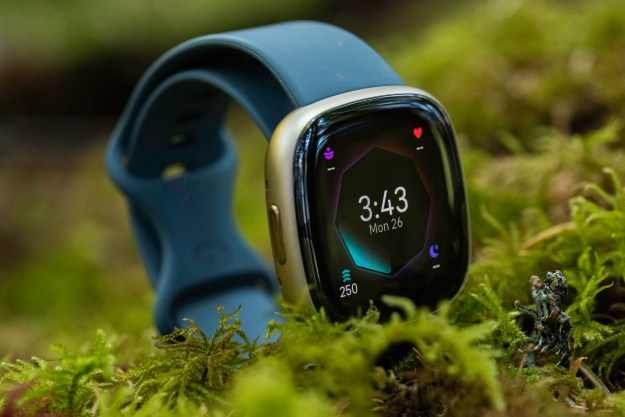T-Mobile disagrees with the FTC’s story. In a message posted on the company website, Legere noted that T-Mobile has not only put an end to these charges, but has gone out of its way to help customers reimburse themselves for the charges incurred. Legere called out the FTC and went so far as to say that the lawsuit is “unfounded and without merit.”
AT&T, T-Mobile, and Sprint made a joint agreement with 45 states to end the malicious activity.
The lawsuit is primarily about premium charges a customer may receive on their bill as part of premium services they may receive in return. The charges, typically around $10 per month, would often go unnoticed by the user and the entire billing process takes place over SMS without any verification of billing information. According to FTC Chairwoman Edith Ramirez, “It’s wrong for a company like T-Mobile to profit from scams against its customers when there were clear warning signs the charges it was imposing were fraudulent.”
However, there is more to the story than meets the eye. Back in November, all four of the major carriers, including T-Mobile, agreed to stop charging customers for these premium services. AT&T, T-Mobile, and Sprint made a joint agreement with 45 states to end the malicious activity. The agreement came after the Vermont Attorney General’s Office took note of the activity and its impact on consumers, who may not have noticed the charges on their bill. John Legere was CEO of T-Mobile back in November during year one of his Uncarrier initiative, and even tweeted his support of the decision for the sake of helping customers.
But according to the FTC press statement, T-Mobile is being singled out because of the profits – some as high as 40 percent – they earned as a result of this malicious activity. The FTC does not explicitly explain why T-Mobile is the one who will take the blame for this questionable activity, nor did it say why the lawsuit was filed more than six months after the agreement came into effect.
For now though, it’s up to the courts to settle this matter.
Editors' Recommendations
- The 5G speed race is over and T-Mobile has won
- With Sprint merger done, John Legere steps down as T-Mobile CEO
- Don’t panic: Legere may continue hosting Slow Cooker Sundays after he steps down


